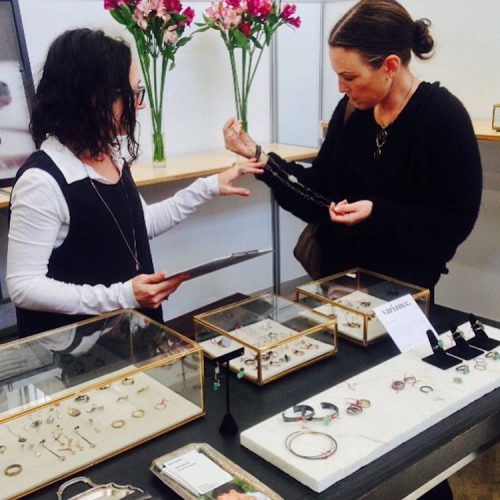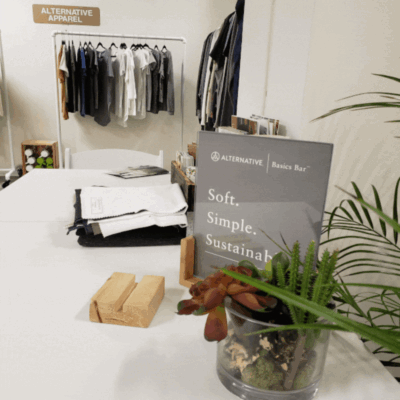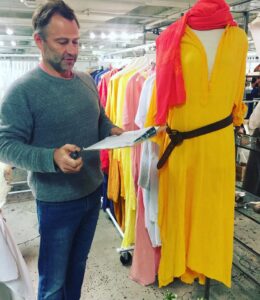As consumer demand for sustainable goods grows, retailers play an important part in promoting a more sustainable lifestyle through the products they choose to stock, and through their ability to influence consumer purchasing through education and communication.
These days, more consumers than ever are shopping with sustainability in mind.
Since the beginning of this year, searches for sustainability-related keywords on the global fashion search platform Lyst has increased by 37%. And a Camera Nazionale della Moda Italiana (The National Chamber for Italian Fashion) report from 2019 found that “80% of Generation Z and millennials are actively interested in sustainability,” and international buyers “expected to nearly double their total spending on sustainable products in the next five years, from 23% to 40%,” according to The Guardian.
In 2022, purpose-driven consumers, who choose products and brands based on how well they align to their values, became the largest segment (44%) of consumers across all product categories.(IBM, “Consumers Want it All” report, 2022)


Furthermore, purpose-driven consumers will bypass retailers who don’t adjust their products to what they want, especially when it comes to Gen Z and Millenial consumers. Retailers need to re-align themselves with brands that are ethical and sustainable to maintain their relevance in the shifting consumer landscape. They also need to go back to one of the basics that consumers crave so much, especially post-covid: create an in-person experience that they can’t get online.
For retailers looking to increase their sustainable offerings, identifying and working with sustainable brands isn’t always a straightforward process, given the complexity of the issues relating to ethics and sustainability and the lack of transparency when it comes to resource use, environmental impact, and labor practices. It also doesn’t help that each brand has its own approach to sustainability, there are no set standards, and terms like ‘eco-friendly’, ‘ethical’, and ‘fair-trade’ are hard to measure and quantify. Sustainability and third-party environmental certifications are helpful for providing a common reference, but many sustainable and ethically-made brands are too small to afford the high certification cost. Retailers looking to bring a sustainable brand on board will have to do some groundwork, ask many key questions, and determine a set of sustainability criteria that are important to them.

O2 Show helps retailers with the groundwork. All brands we feature in our events and marketplace complete a brand declarations page. We also have additional information and resources for retailers, including this downloadable Sustainable Buying Guide.
